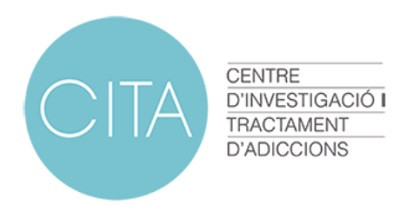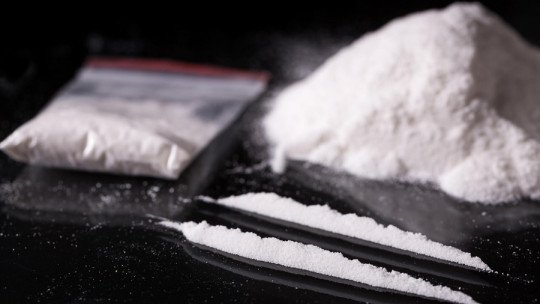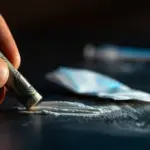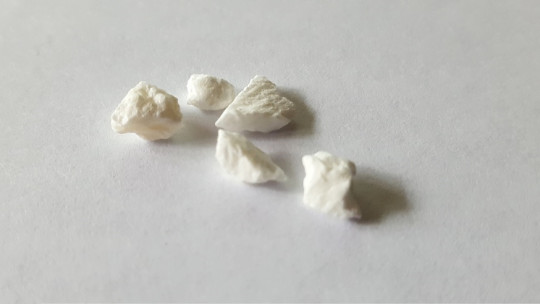Cocaine is probably the most consumed non-legal drug in the Western world, and the one that moves the most money. It is not by chance: it is one of the most addictive, and it is also consumed in very varied contexts, even in areas linked to work.
However, cocaine is also a very harmful substance for the body, capable of causing great physical, psychological and social wear and tear. Therefore, in this article we will see a summary about What is the cocaine detoxification process?
The nature of cocaine dependence
Cocaine is a substance whose effects on the nervous system produce a feeling of euphoria and general activation of brain functions which helps it to be consumed in festive and leisure contexts and also in the workplace.
In fact, there are social circles made up of professionals who find it relatively normal to consume cocaine to (in theory) perform sufficiently, a consequence of working conditions that are too harsh.
As the act of consuming cocaine becomes established in a person’s daily life and becomes a habit, the way in which this substance interacts with neurons causes the structure of the brain to change, making the consumption of that drug become the priority and, little by little, the only source of satisfaction.
Furthermore, as indirect consequences of this modification in the nervous system and consumption habits, the person is also more exposed to the risk of developing other types of addictions, especially alcoholism.
Thus, the cocaine detoxification process must break this vicious circle by promoting a change in behavior and contexts to which one is exposed, among other things. We see more in detail How can health professionals who are experts in addictions contribute to this?
The cocaine detox process, step by step
These are the main elements of cocaine detoxification treatment in a professional treatment context.
1. Setting very short-term goals
The first hours of the detoxification process are crucial, because they establish the degree of commitment to the therapy.
In this initial phase, the attempt is made for the person to break with their old consumption dynamics , not helping him block his discomfort (that would be impossible) but offering him other ways to direct his attention towards alternative stimuli. This is achieved, among other things, by establishing very specific short-term objectives; Having the feeling that in a very short time you can reach one of the goals of the detoxification process motivates you more and makes you less likely to throw in the towel.
2. Work on self-esteem
In therapy, psychology also works to reinforce the person’s self-esteem, making you question the beliefs that work against your own autonomy and empowerment This makes patients believe more in their chances of detoxifying.
3. Training in the detection of self-sabotaging thoughts
It is important for people detoxing from cocaine to learn how to detect in time the thoughts that can lead to the temptation to relapse This is especially crucial in the case of drugs like this, which are used in a wide variety of contexts.
4. Process monitoring
Health professionals are not the only ones who monitor patient processes; In addition, it helps the latter to also be able to look back and recognize his improvements, so that he can check what he has been able to achieve and learn what has worked better and worse.
And after detox?
It must be taken into account that detoxification It is just one of the phases of what it means to leave an addiction behind ; Once you have gone through this, health professionals continue to offer support for other, slightly different types of goals, although also related to living apart from the source of dependency. However, it is probably the most important, because it represents the first great victory for the person, and overcoming it shows them that they are capable of living outside of drugs, having defeated it at a time when it was very difficult to stop using it.
Are you looking for support against addictions?

If you are interested in overcoming an addiction to cocaine or any other type of substance, or a phenomenon of dependence without substances (pathological gambling, video game addiction, etc.), you can contact our professionals. In CITA Clinics We specialize in addictive disorders, and offer both medical and psychotherapeutic treatment. You can find us at our centers in Barcelona and Dosrius (Mataró), or see more information about us on this page.









